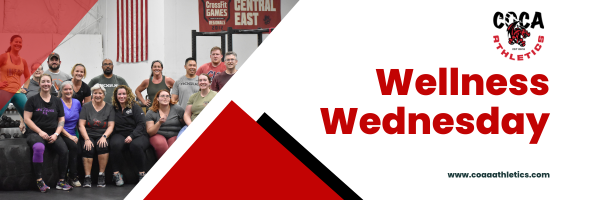Mindfulness is a powerful tool for promoting rest and recovery, both mentally and physically. When we’re mindful, we bring our attention fully to the present moment, which can help reduce stress, improve sleep quality, and enhance overall well-being. Here are some benefits of mindfulness in promoting rest and recovery:
1. Reduced Stress: Mindfulness practices, such as deep breathing and body scans, can activate the body’s relaxation response, reducing levels of the stress hormone cortisol.
2. Improved Sleep: By calming the mind and body before bedtime, mindfulness can help improve sleep quality and quantity, leading to better rest and recovery.
3. Enhanced Muscle Recovery: Mindfulness can help us tune into our bodies and recognize signs of tension or fatigue, allowing us to address these issues and support muscle recovery more effectively.
4. Greater Emotional Resilience: Mindfulness helps us cultivate a non-judgmental awareness of our thoughts and emotions, which can reduce emotional reactivity and promote resilience in the face of challenges.
5. Increased Self-Compassion: Practicing mindfulness fosters self-compassion and self-care, which are essential components of rest and recovery.
Now, let’s explore some simple mindfulness exercises that can be incorporated into a rest and recovery routine:
1. Deep Breathing: Encourage clients to take slow, deep breaths, focusing on the sensation of the breath entering and leaving the body. This can be done lying down or seated comfortably, with eyes closed or open.
2. Body Scan: Guide clients through a body scan, where they systematically bring their awareness to each part of the body, starting from the toes and moving up to the crown of the head. Encourage them to notice any sensations without judgment.
3. Mindful Walking: Suggest taking a short walk outdoors or indoors, focusing on the sensation of each step and the movement of the body. Encourage clients to notice the sights, sounds, and sensations around them as they walk.
4. Progressive Muscle Relaxation: Lead clients through a progressive muscle relaxation exercise, where they tense and then release each muscle group in the body, starting from the feet and moving up to the face.
5. Guided Meditation: Offer guided meditation recordings or lead group meditation sessions focused on rest and relaxation. This can involve visualization, loving-kindness meditation, or body awareness practices.
By incorporating these mindfulness exercises into their routine, clients can experience greater rest and recovery, supporting their overall health and well-being.

